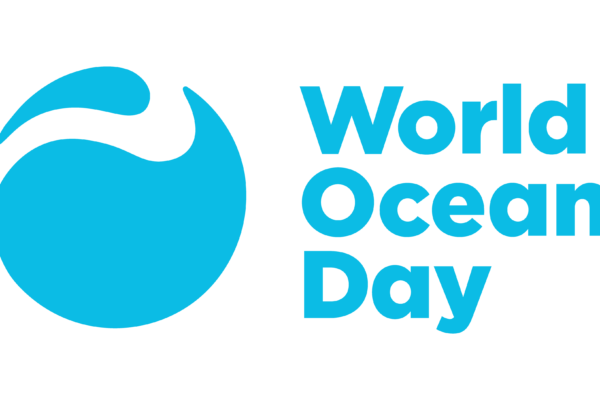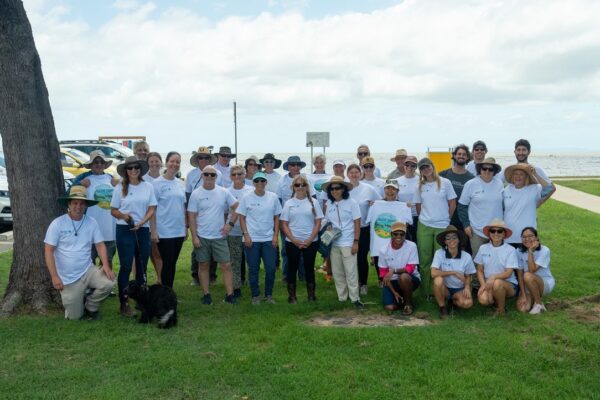In the round up this week: looking at the big picture gives us an idea of the issues at hand - but it's the close up, the personal stories, that motivate us to take action. It's all well and good to share the cold hard facts but if your goal is to change behaviors: a story with no emotional heart has got no legs. Here I've gathered a few good examples, from the past week's news, of how taking a look at the micro can make the macro seem more urgent than big numbers alone.
If you’re a science communicator or educator at an informal science center (such as a zoo, aquarium, or museum) trying to encourage conservation action – this is the round up for you! Every Friday we break down the week’s most interesting news and best resources to help you frame the issues as effectively as possible.
Climate change and human displacement
Big picture: Climate change 'will make hundreds of millions homeless'
Scientists predict that rapid warming of the planet will massively disrupt weather patterns and spread deserts - "hundreds of millions of people" will be displaced from their homes due to crop failure and other stressors. Obviously this is a huge concern for both governments and social justice advocates. How will nations manage the influx of 'climate refugees' and make sure that they're treated humanely? How will health and feelings of social unrest be dealt with?
Related: The Global Estimates report revealed 32.4 million people were forced to flee their homes in 2012 by disasters; 98% of these displacements were related to climate- and weather-related events.
Close-up: America's first climate refugees
The Guardian talks to residents of Newtok, Alaska, mostly Yup'ik Eskimos. They face a choice that more than 180 native communities in Alaska are facing... do they stay in their ancestral homes? Or do they flee due to the climate-related flooding and erosion and risk their lives?
Sabrina Warner keeps having the same nightmare: a huge wave rearing up out of the water and crashing over her home, forcing her to swim for her life with her toddler son.
"I dream about the water coming in," she said.
It's an impactful story of real people being affected by climate change here, now.
The cost of environmental disasters
Big picture: Climate-related disasters cost American taxpayers $96 billion last year
This figure comes from a new analysis by the National Resources Defense Council - it works out to a shocking $1,100 per taxpayer. The reason? Climate-related disasters like Superstorm Sandy, droughts, floods, and forest fires. What could we do with that $96 billion to prevent climate change rather than use it to clean up the mess after the fact?
Close-up: Psychological scars run deep after BP oil spill
Beyond the money it costs to clean up environmental disasters, the human pain and suffering is immense. Relief efforts tend to be one-size-fits-all, but the huge number of people involved and wide variety of needs, make this an ineffective strategy. In particular, the coastal communities of Louisiana suffered greatly from a disrupted environment - loss of livelihoods and lack of appropriate help after the oil spill led to residents' stress levels rising in the year following the spill. There are real, long term impacts on people's physical and emotional well being after these events.
Related: New Study: The Economic Benefits of EPA Regulations Massively Outweigh The Costs. What more needs to be said? The study found regulations imposed as much as $45 billion in costs on the economy, but then drove as much as $640 billion in benefits. The Deepwater Horizon oil spill was much more of a "job killer" than the regulations that would have kept the rig safe to operate - or keep it out of the Gulf of Mexico altogether.
How do you communicate with your audiences about the big picture and the close ups of environmental issues? When you talk about an issue - do you always include a real personal story as well, or do you keep it more general? Further than that, do you feel like you're overstepping your bounds if you go further than just presenting the facts?



